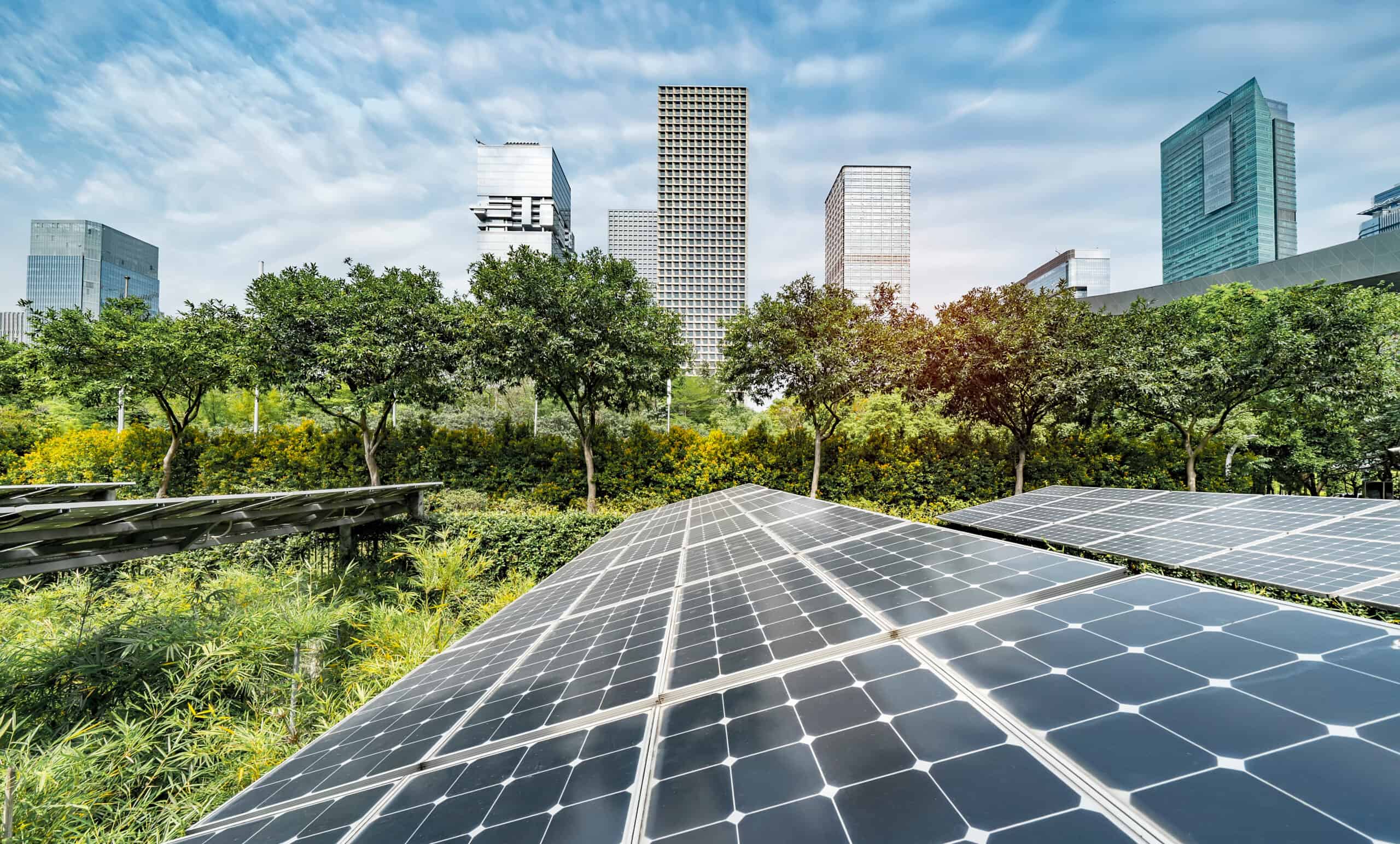
Grow-NY Alumni Startups Awarded Funding to Decarbonize New York
New York State will require immediate and innovative change to reduce its carbon emissions by 85 percent by 2050. Luckily, Grow-NY startups are already pursuing green innovations key to achieving New York’s climate goals.
On June 26th, the New York State Energy Research and Development Authority‘s (NYSERDA) Natural Carbon Solutions Innovation Challenge awarded seven startups $8.5 million to lower emissions, sequester carbon, and advance building shell retrofits and new construction approaches. Two graduates of the Grow-NY accelerator program, Hempitecture and Re-Nuble, received funding to help transform the state into a more resilient and sustainable environment.
Each year, New York produces about 350 million metric tons of greenhouse gas emissions, and offsets that number with 30 million metric tons of removals. The building stock in NYS is one of the largest contributors to GHG emissions, said Mattie Mead, Founder and CEO of Hempitecture, a 2022 Grow-NY $500K prizewinner.
Hempitecture is working to reduce a building’s embodied carbon (the sum of all greenhouse gases used to produce building materials) and its operational carbon. With the new funding, they are developing renewable and carbon-capturing insulation from industrial hemp fibers produced in the Grow-NY region.
“Insulation and improving performance through biobased approaches marks one of the greatest opportunities for the building sector to decarbonize,” Mead said.
Re-Nuble, a Grow-NY finalist in 2019 and 2020, received funding to convert food waste into a compostable grow media for soilless farming – reducing waste-related methane and increasing profit margins for organic farmers.
NYSERDA encouraged proposals that could benefit underserved communities and environmental justice areas by optimizing land use, increasing resilience and renewable energy deployment, reducing air and water pollution, providing cost savings for energy services, and stimulating job creation in climate-smart industries.
The NYSERDA team is already assisting both startups to research and bring their products to market. “The funding has helped accelerate the to-market path for a unique building material that requires consideration of both performance and carbon footprint,” Mead said. “It is an exciting opportunity that exists at the nexus of funding and a research forward focus, which is necessary for the more rapid development of a biobased economy.”


